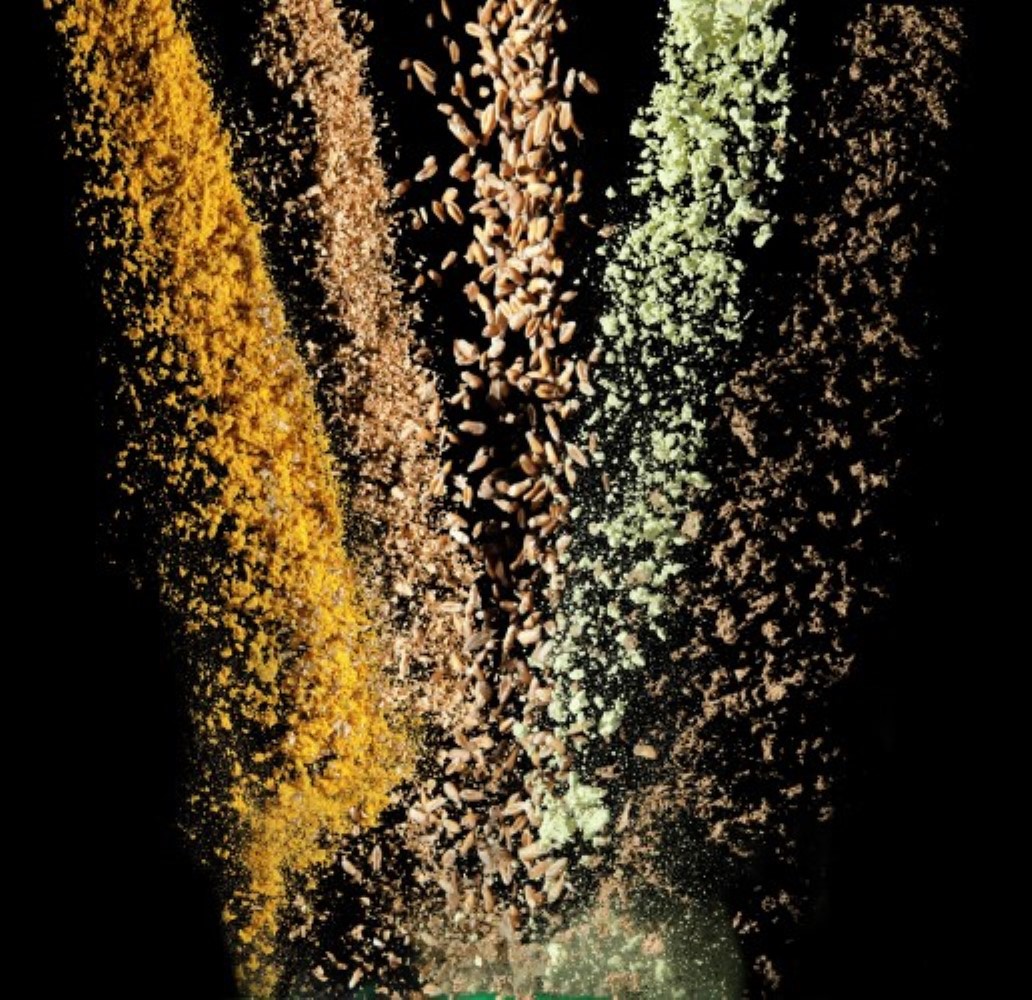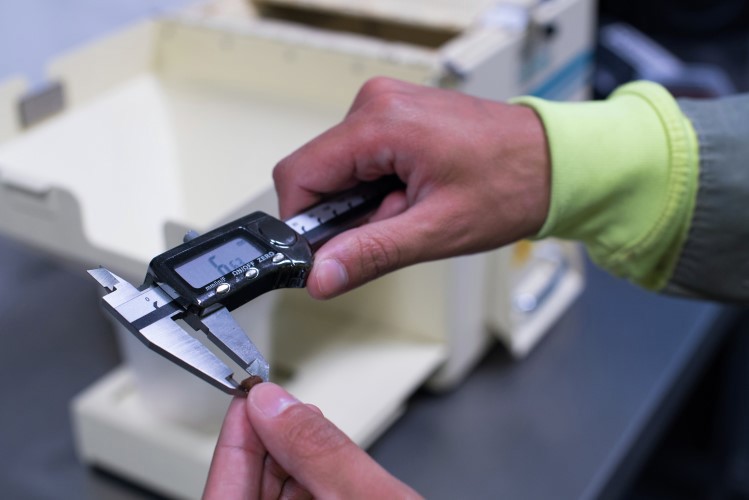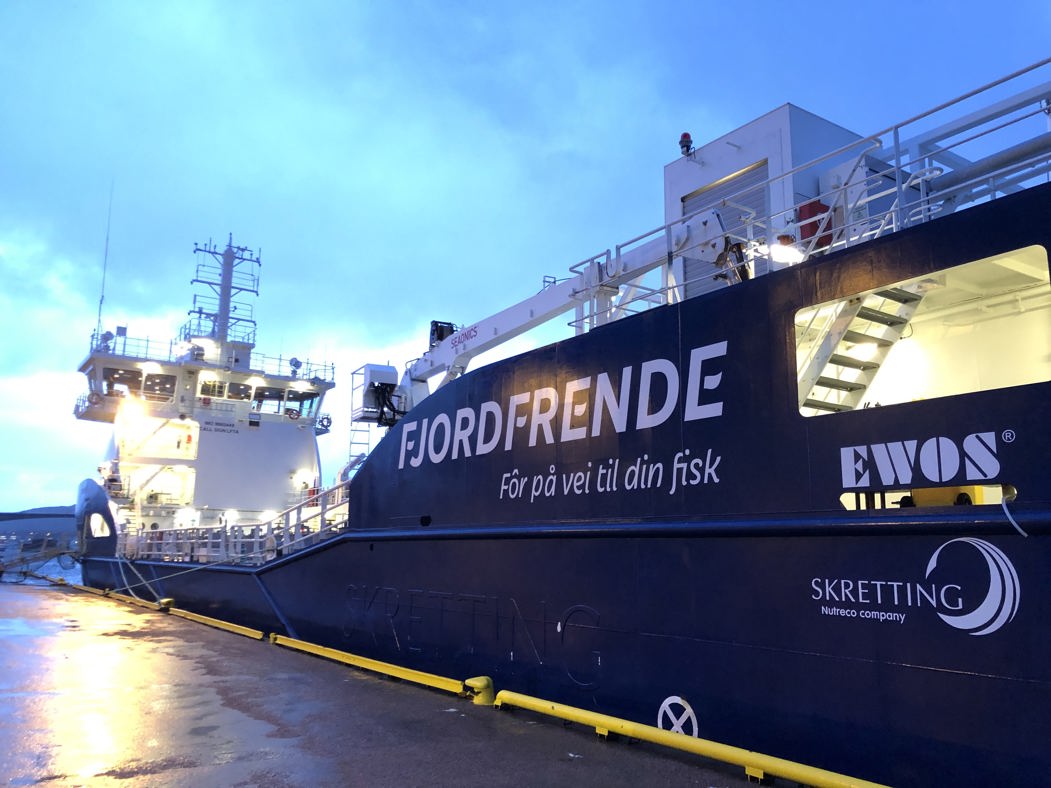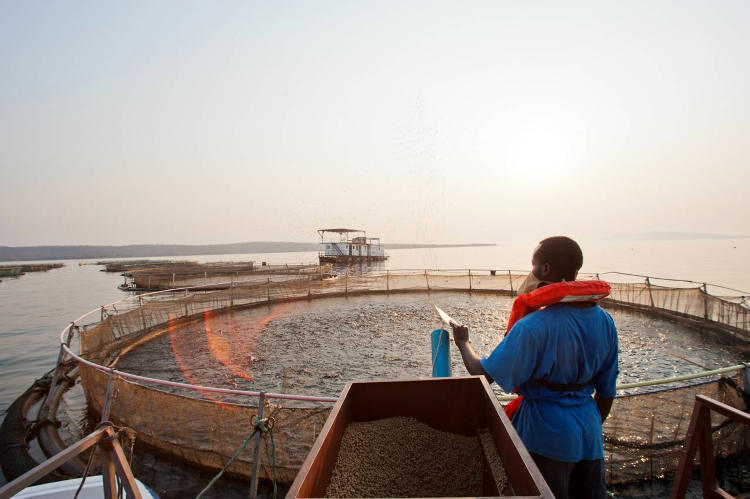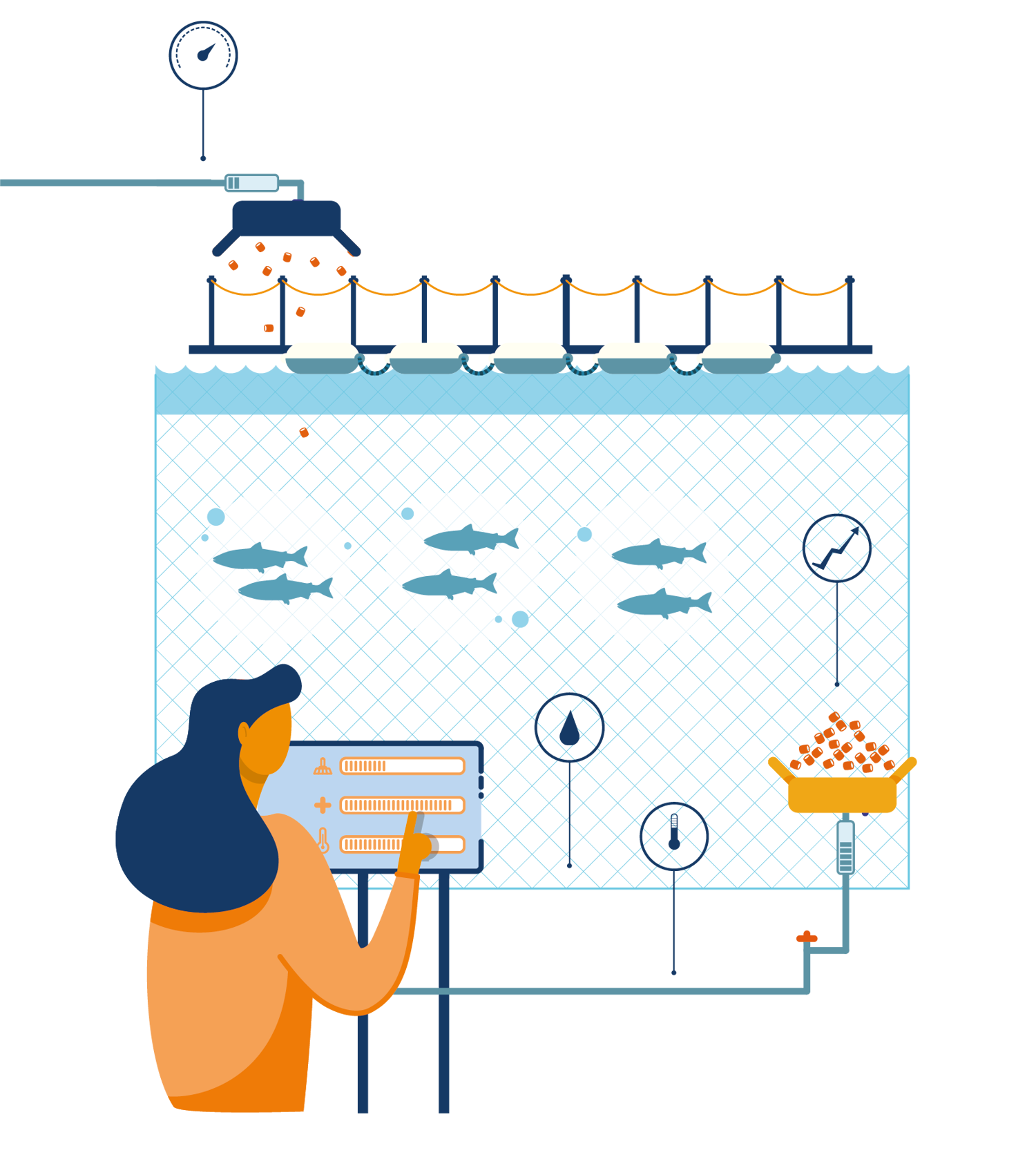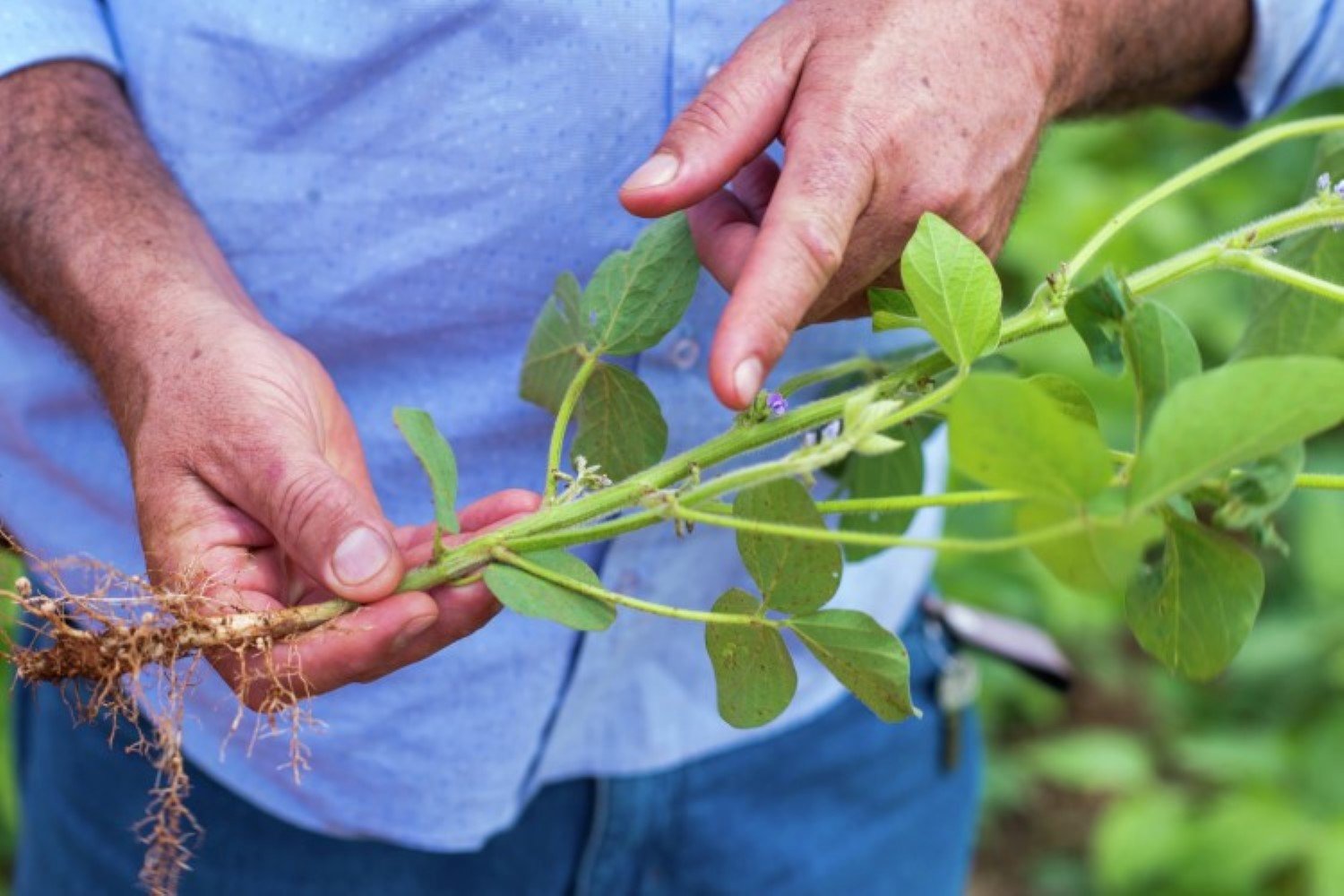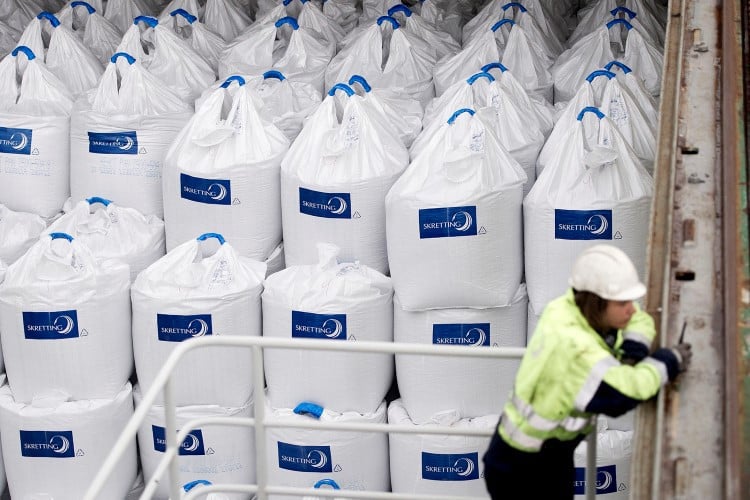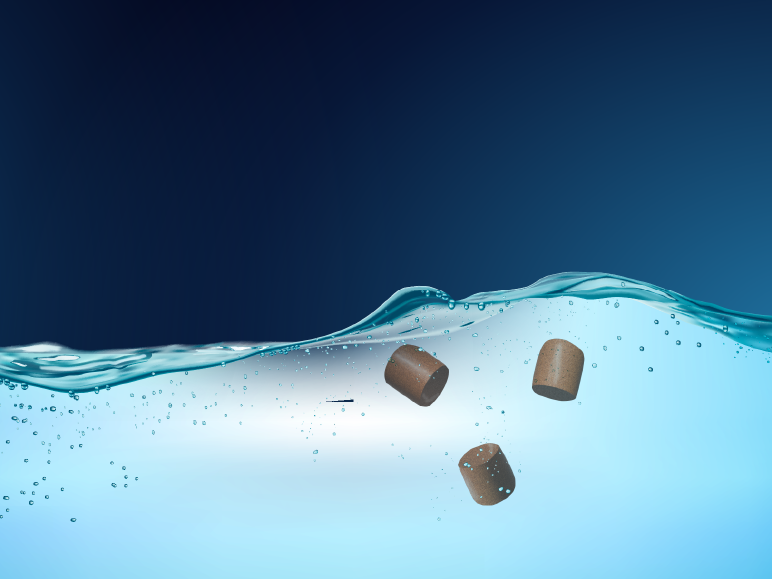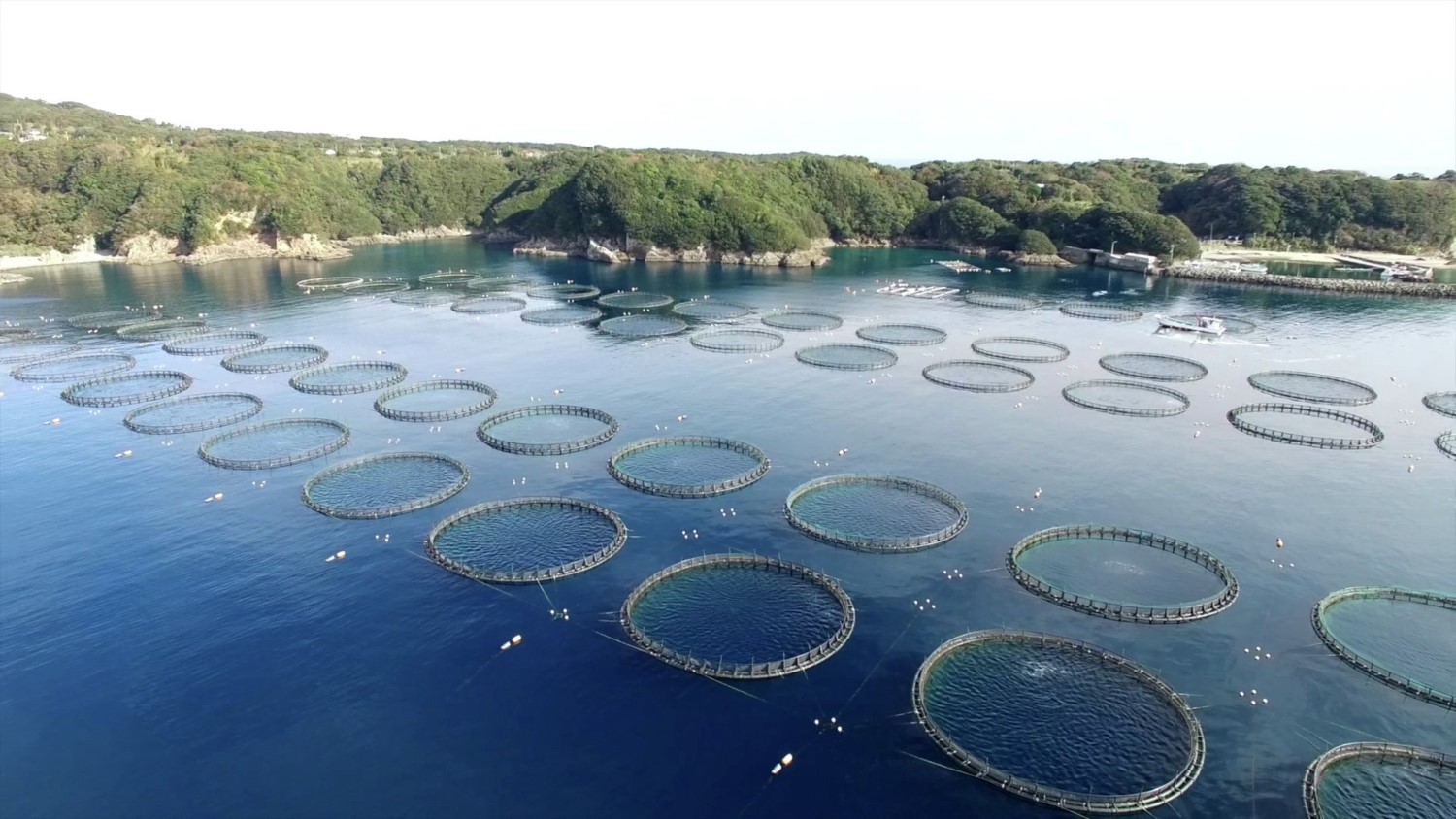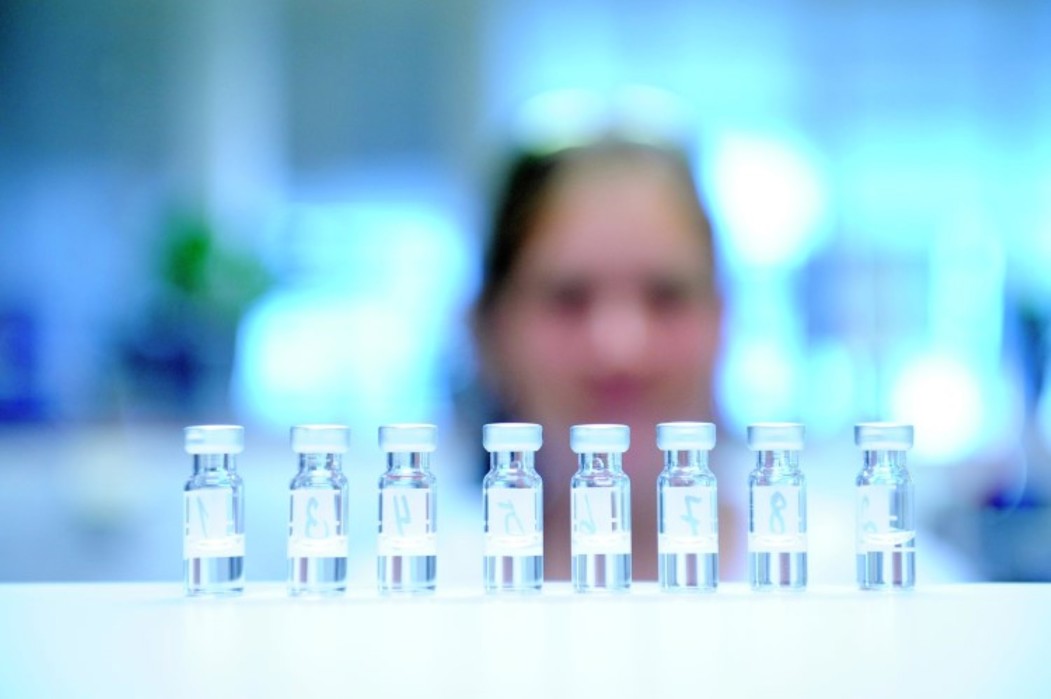
Creating the best recipe formulation
Precise calculations of the protein, fat, carbohydrate, vitamin and mineral content of all our ingredients enables us to formulate feeds that fulfil the nutritional needs of each species and the life phase for which they are intended. This ensures they achieve optimum health and growth performance, and also meet the specific requirements of each customer.
